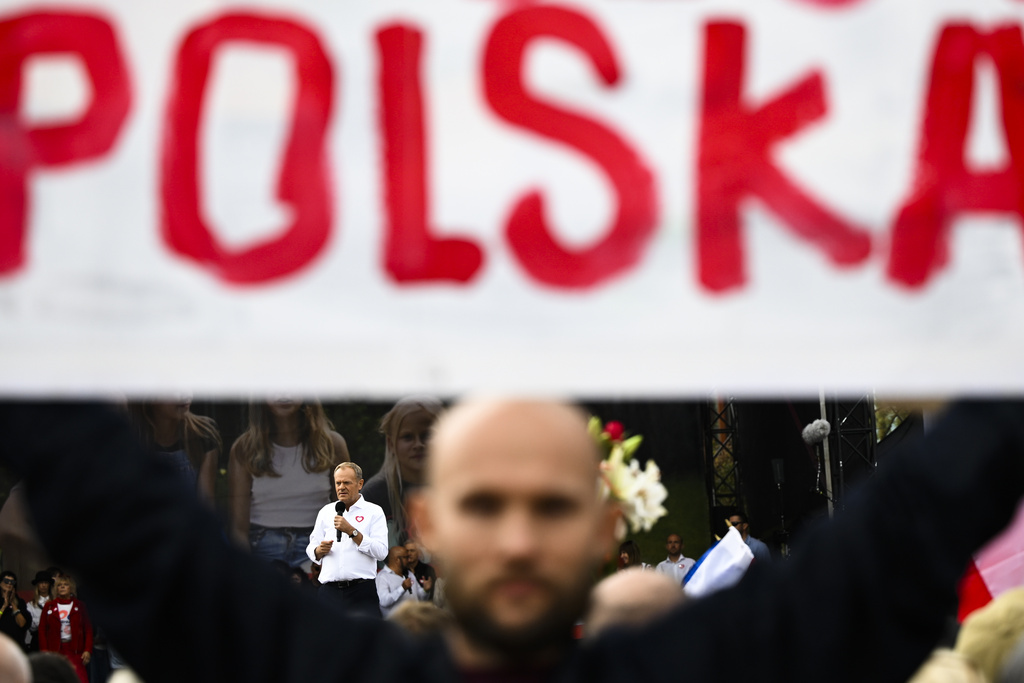Over the weekend, the political scene in Poland saw significant developments as the opposition failed to capitalize on what might have been their last clear chance for a decisive breakthrough before the general elections scheduled for Oct. 15.
The ruling party, Law and Justice (PiS), not only responded to Tusk’s second march in Warsaw but also emerged victorious. Their rally in Katowice was brimming with energized supporters. While Tusk’s march had its supporters, the numbers were notably lower than in June, suggesting a dip in the opposition’s mobilization.
While the campaign initially revolved around four referendum questions that led to surges in polls for PiS, the Katowice convention addressed broader topics, ranging from care for the disabled to women’s issues. Keynotes from leaders like Kaczyński, Morawiecki, Witek, and Tarczyński primarily touched upon security concerns. Rally cries against forced relocations, the dismantling of security measures, and raising the retirement age resonated powerfully, forming a key narrative in PiS’s campaign.
The opposition, contrary to rumors, did not take any bold moves. There was no clear unity signal, and Donald Tusk remained as the prime ministerial candidate, with no switch to Rafał Trzaskowski. The opposition’s talk of love and ending the internal Polish conflict starkly contrasted with their daily vengeful rhetoric, revealing their main problem of lacking credibility and a concrete agenda.
Importantly, the opposition seems to be neglecting concerns related to security, both economic and military. Tusk’s party ignored the referendum questions and gave the impression that it supports open borders, a weakened military, and submissiveness to Germany.
As Tusk speaks more, it becomes evident that he’s heavily influenced by Berlin’s decisions.
The events in Katowice and Tusk’s march highlighted a fundamental choice facing the Poles: the vision of Poland under Jarosław Kaczyński or Donald Tusk. As Prime Minister Morawiecki put it, there’s a “Polish vision under Jarosław Kaczyński” versus a “German vision under Donald Tusk.”
Given the increasing external pressures, the growing assertiveness of Germany, and the renewed nationalism of Russia, a strong Poland under a pro-Polish political faction is crucial for the future of the country. Tusk, it is feared, might dismantle the security measures established over the past few years within six months of gaining power.
In conclusion, the weekend did not favor Tusk, with the opposition failing to seize a golden opportunity for a significant shift. Yet, his political clout should not be underestimated. The outcome largely depends on the mobilization of voters.






